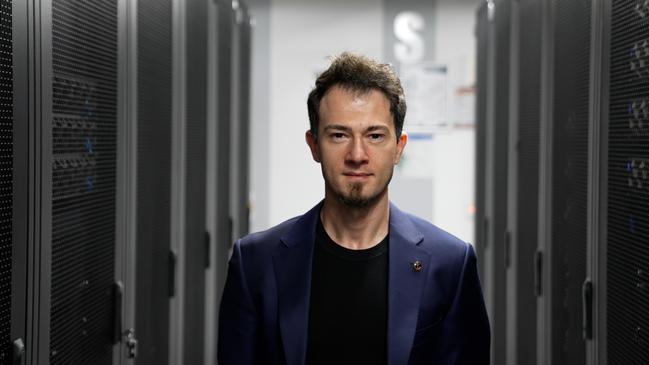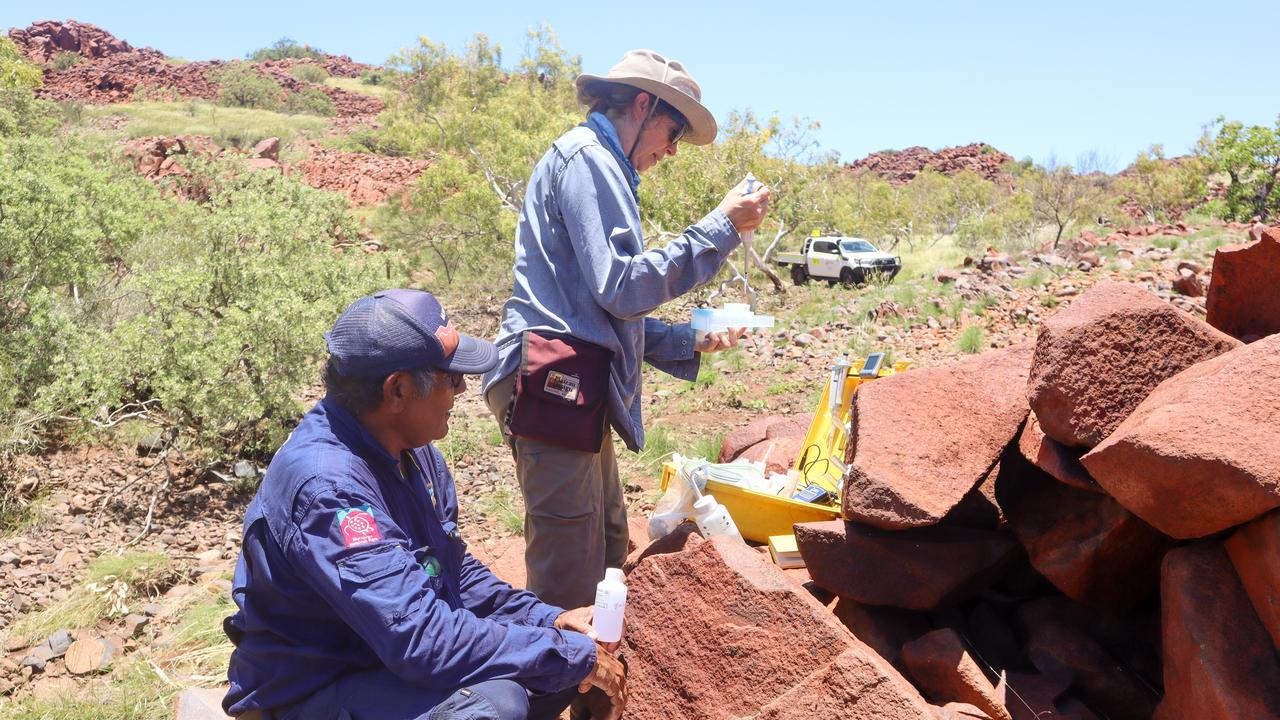Australian breakthrough wins ‘Nobel prize’ of high-performance computing
A University of Melbourne team has won the Association for Computing Machinery’s Gordon Bell Prize for the development of the first quantum-accurate simulation of biological systems.

An Australian research team has won an international prize regarded as the “Nobel prize” of high-performance computing.
University of Melbourne Associate Professor Giuseppe Barca and his team have been awarded the Association for Computing Machinery’s Gordon Bell Prize for the development of the first quantum-accurate simulation of biological systems, which can accurately model drug performance.
The novel software means scientists can simulate drug behaviour in a way that rivals the accuracy of physical experiments. This includes accurately predicting the chemical behaviour and physical properties of hundreds of thousands of atoms over time, such as bond breaking and formation, which is vital when designing new drugs.
It currently takes about 10 to 15 years, and $1.8bn, to develop new drugs, and often uses rather inaccurate computational methods.
The University of Melbourne’s breakthrough will likely speed up the rate at which new drugs are developed and make it cheaper to do so, especially for diseases that have been too hard to treat.
To show the proof of concept of their algorithm, the University of Melbourne team collaborated with American scientists to use the largest supercomputer on the planet at the Oak Ridge Leadership Computing Facility in Tennessee in the US.
Associate Professor Barca said his team was “absolutely thrilled” to receive the prize.
“We are very excited about this breakthrough because of its outstanding potential impact,” he said.
“Our research and software opens new possibilities for developing new treatments for difficult-to-treat diseases.
“It will contribute to the creation of high value-added capabilities for Australia and help drive the development of a high-value industry with high social impact. It gives us unique strengths that will boost Australian sovereign manufacturing capabilities in the biopharmaceutical industry.”
University of Melbourne Deputy Vice-Chancellor (Research) Professor Mark Cassidy said Associate Professor Barca and his colleagues were an “inspiration to all Australians, including the next generation of innovators”.
“By drawing on our strengths in innovation, technology, big data, interdisciplinary collaboration and wider partnerships, their work promises to make an extraordinary contribution to society,” he said.




To join the conversation, please log in. Don't have an account? Register
Join the conversation, you are commenting as Logout